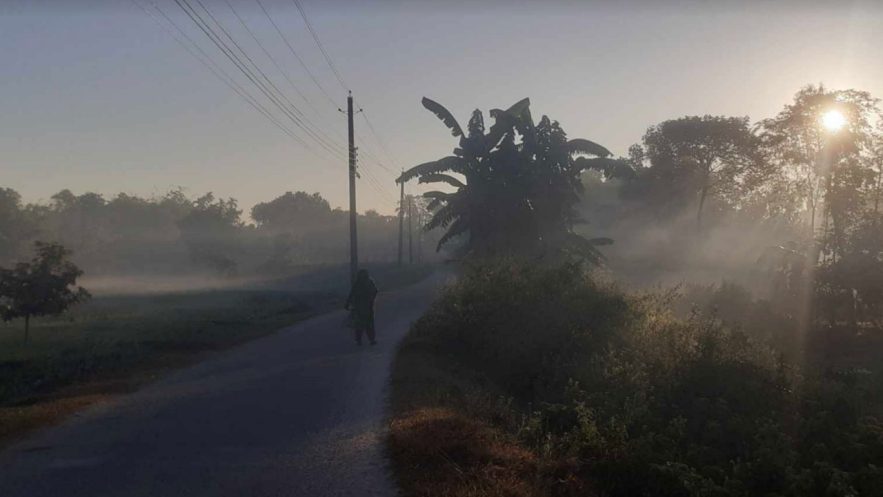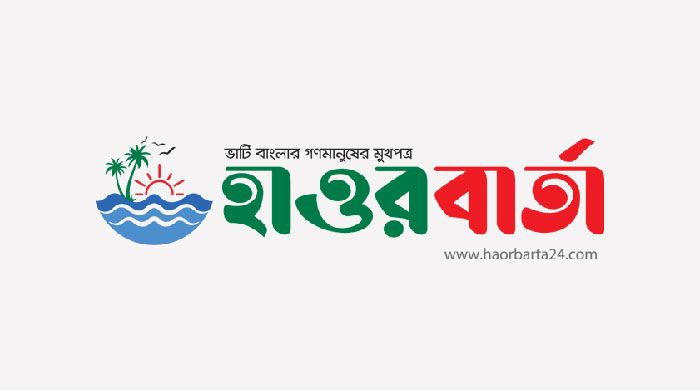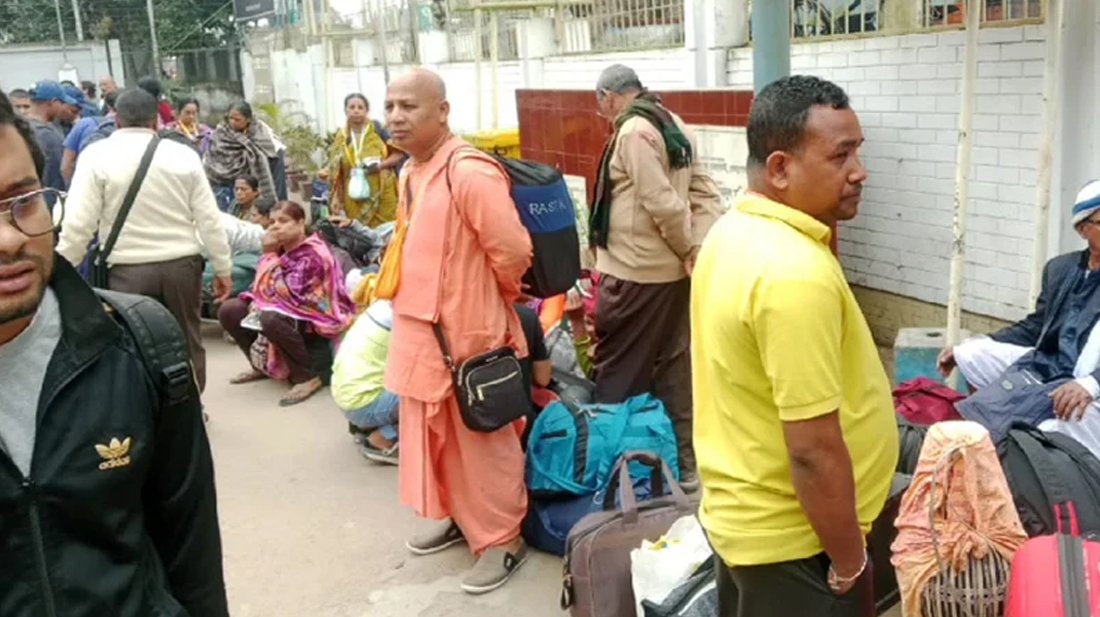Haor barta desk : For Umm Mohammed and other residents of areas of war battered west Mosul recaptured from Islamic State group jihadists, this year’s Muslim holy month of Ramadan carries a bitter taste.
 Our homes and cars have been destroyed, our family separated, said the former bank manager in Iraq’s second largest city. Why should we have to wait here in this long queue to get aid?
Our homes and cars have been destroyed, our family separated, said the former bank manager in Iraq’s second largest city. Why should we have to wait here in this long queue to get aid?
We used to have a dream life and we’ve fallen all the way down to the bottom, said the 38-year-old mother of two, declining to give her full name for fear of reprisals against family members left behind in districts still under jihadist control.
IS seized the northern city of Mosul in June 2014 and imposed a brutal form of Islamist rule and a regime of terror on its inhabitants.
Life has been made even harder since the battle launched last October by Iraqi security forces to drive out IS. East Mosul and a large part of the west is now back in government hands.
In their no-holds-barred defence, the jihadists have used civilians—caught in the crossfire and already the victims of food, water and electricity shortages as human shields.
I break the (dawn-to-dusk Ramadan) fast with whatever I can find. Sometimes we even find sand and worms in the water we have to drink, said Umm Mohammed.
She was among the women, children and the elderly standing in line amidst the rubble of pulverised buildings and the carcasses of burnt-out cars, many of them protecting their heads from the blistering sun with towels or rags.
Young volunteers last week handed out 2,000 modest aid packages to inhabitants of areas of west Mosul recaptured by Iraqi forces.
We try to meet a modest part of the needs of needy families, said 21-year-old Mohammed Dilan, one of those distributing the aid raised from donations by businessmen and other individuals.
For those displaced from Mosul and forced to take refuge in overcrowded camps outside the city, life can be even more treacherous.
A mass food poisoning this week at one such camp, Hasansham, left hundreds requiring urgent treatment, officials said Tuesday.
Health ministry spokesman Seif al-Badr said around 100 of those affected required serious treatment after the iftar meal which breaks the fast.
More than 800,000 people have been forced to flee their homes since the battle for Mosul erupted.


 Reporter Name
Reporter Name 
























